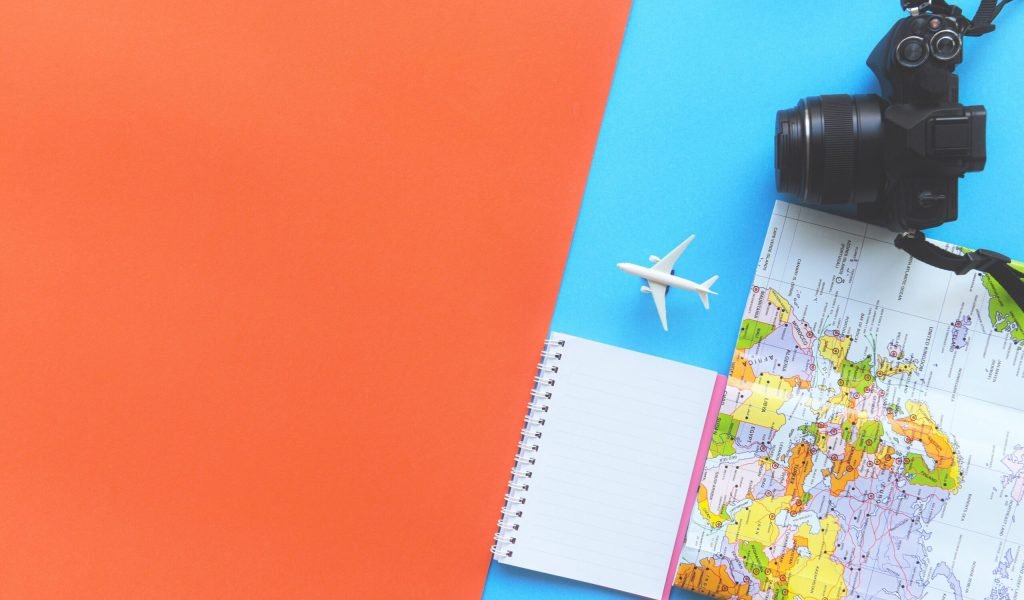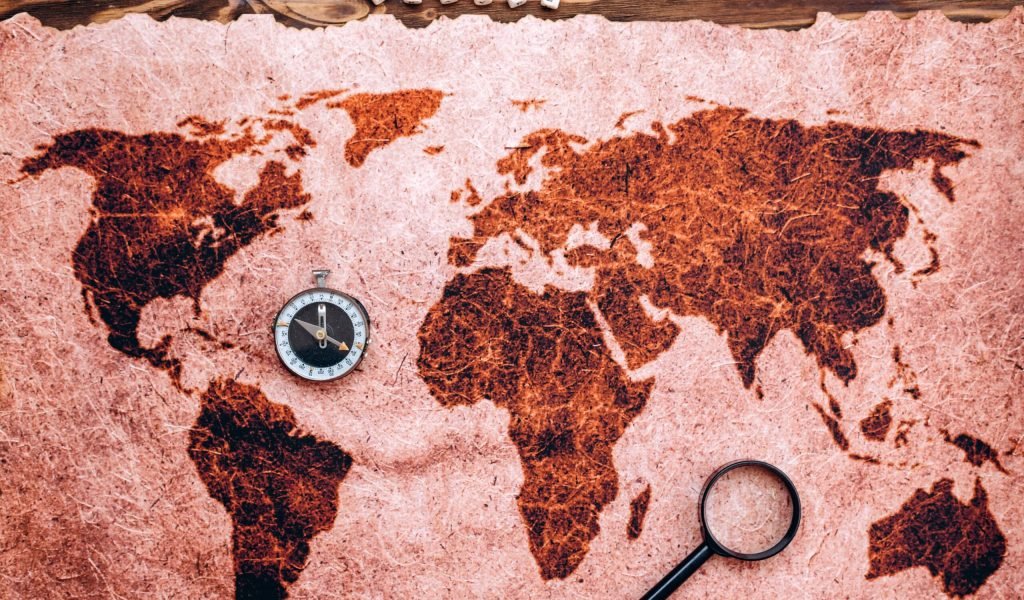Effective Travel Planning: Step-by-Step Guide to Designing Your Perfect Trip
It takes meticulous attention to detail and excitement to plan a trip, which guarantees a fun and unforgettable experience. Creating your travel schedule requires numerous important stages, regardless of whether you are an experienced traveler or organizing your first trip. Every stage of the process, from planning your itinerary and destination to determining a budget and making hotel reservations, is essential to ensuring a seamless and stress-free trip. We’ll provide you a step-by-step method in this guide to assist you in efficiently organizing your trip, so that the preparations are just as fun as the actual journey. Take a deep breath and learn how to make your trip aspirations come true.

Set Your Travel Goals
Decide if you are traveling for leisure, adventure, cultural exploration, or a mix of these. Think of the experiences you would like to have, like going to particular locations, sampling the cuisine, going on outdoor adventures, or going to events. Setting clear objectives makes it easier to choose a location and schedule activities that suit your interests. Talk with your traveling companions to make sure that everyone’s needs are satisfied. To help you stay focused while you plan, put your goals in writing.
Choose Your Destination
Look at possible places to go that match your budget and travel objectives. Think about things like weather, security, need for a visa, and limitations on your travels. Seek out locations that provide experiences and activities related to your interests. Use social media, blogs, and forums related to travel to gain ideas and insights. Make a shortlist of places to go and consider the advantages and disadvantages of each. Choose a place that appeals to you and fits with your vacation schedule and tastes.
Establish a Budget
Establish a reasonable spending limit for lodging, meals, activities, transportation, and souvenirs. Spend money according to your priorities. For example, if you prefer adventure to comfort, spend more on activities and less on opulent hotels. To fine-tune your budget, find out what the typical cost of your desired location is. In order to increase your purchasing power, look for sales and discounts. A contingency fund should be included for unforeseen costs. To prevent financial stress during your trip, stay inside your budget.
Plan Your Itinerary
Provide a general schedule that includes the dates of trip, the length of stay, and the main points of interest. To prevent burnout, schedule a balance of activity and relaxation into your days. Look at the costs of admission, opening times, and transportation choices. Give top priority to sights that really must see, but leave room for impromptu adventures. Travel applications and guides can help you plan more efficiently. For safety’s sake, let someone you trust know your itinerary. Examine and modify your schedule as necessary to guarantee a well-rounded and pleasurable journey.
Book Transportation
Make travel plans for yourself, including flights, trains, and rental cars, to and from your location. To get the best rates, compare prices and make reservations in advance. Take into account elements like flexibility, convenience, and travel time. If you plan to visit several places, look for flights with several destinations. Examine your options for local transportation, including ride-sharing, taxis, and public transportation. Organize and make all booking confirmations and tickets easily available. If you can, check in online to avoid waiting in line at the airport.
Secure Accommodation
Find and reserve lodging that fits your needs and budget. Take into account the amenities, location, and reviews left by previous visitors. There are several options, from boutique accommodations to vacation rentals and hostels. To cut expenditures on transportation, reserve lodging near popular sites. Make sure the accommodations you select have the required extras, such as breakfast, Wi-Fi, or airport transfers. In case things change, look for booking terms that are flexible. For an easy check-in procedure, keep your contact information and booking confirmations close to hand.

Prepare Travel Documents
Make sure you have all the essential paperwork, including your passport, travel insurance, and any necessary visas. Verify the expiration date on your passport and apply well in advance for any renewals or visas. Invest in travel insurance that includes theft, cancelation, and health benefits. Important documents should be copied and kept apart from the originals in storage. Preserve digital copies at a cloud storage location. For convenience, arrange all of your paperwork in a travel wallet. Check your destination’s entrance criteria, such as immunization records or negative COVID-19 test results.
